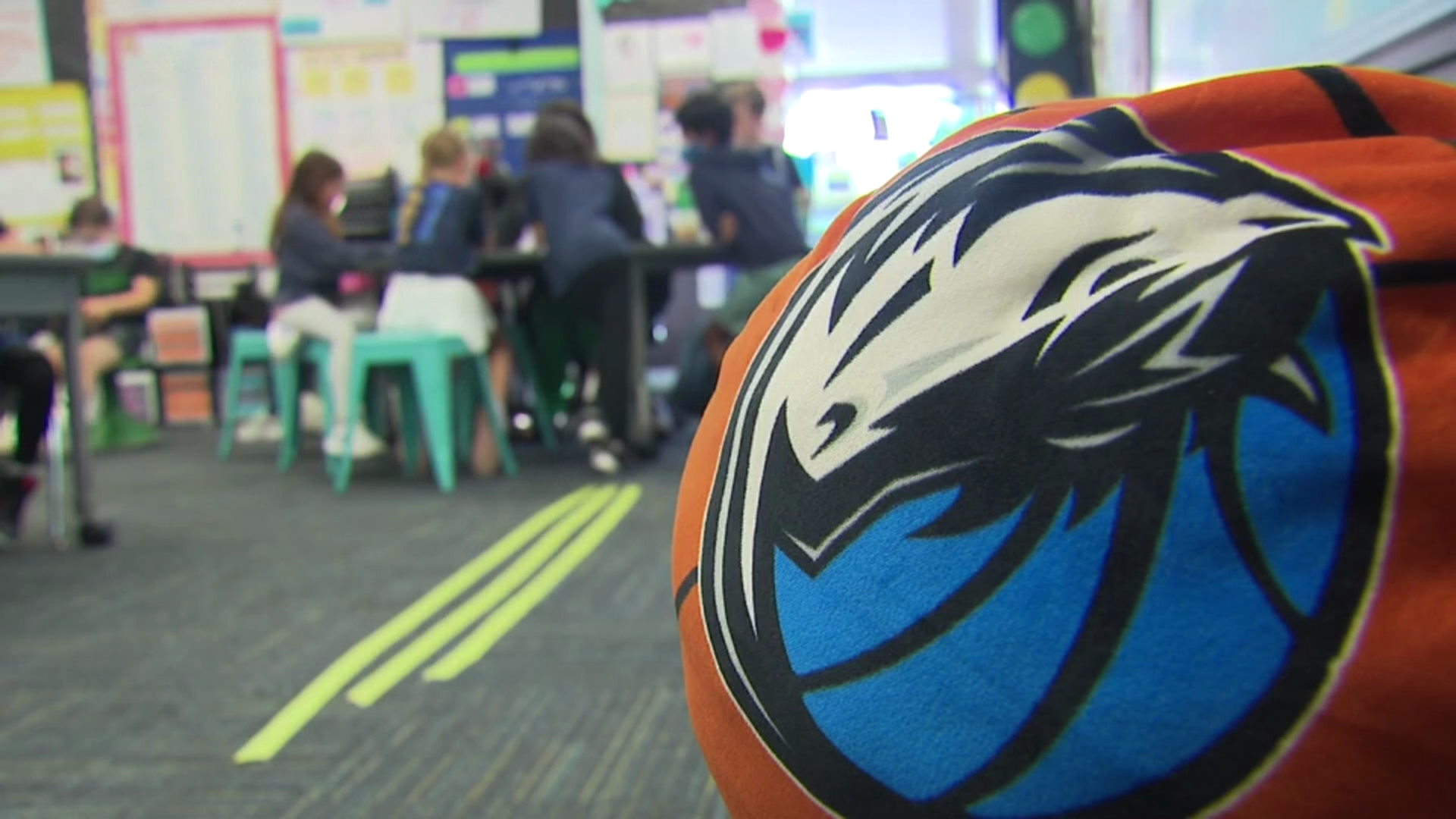The World Health Organization now considers "gaming disorder" a mental health condition.
The diagnosis was included in the 11th edition of the WHO's International Classification of Diseases released Monday.
Dr. Jaremy James, an internal medicine physician at Methodist Mansfield Medical Center, said there's been discussion about the condition for several years.
"Someone who spends an hour a day, two hours a day or less… probably not going to have significant issue," James said.
However, he said the condition is an issue for someone who compulsively played video games.
He said symptoms are similar to other addictive disorders, such as gambling.
"Addiction gets in the way of regular life. You allow those kind of things to take control over you, and you're obsessed about them. You actually feel a physiological need to have it," James said.
Local
The latest news from around North Texas.
Symptoms to look for include: a lack of control over gaming, precedence over other life activities like school and work, and continuing to play video games despite consequences.
WHO said the disorder is still very rare, with about three percent of gamers believed to be affected.
But with more doctors and parents asking questions, James said he thinks that number will grow.
"I think we're going to find out a lot more people are involved, and a lot more people diagnosed than in the past," he said.
His advice for parents would be to limit their children's time gaming and to find ways to get them off the couch.
"Get them outdoors, do other things, find other activities," he said.




